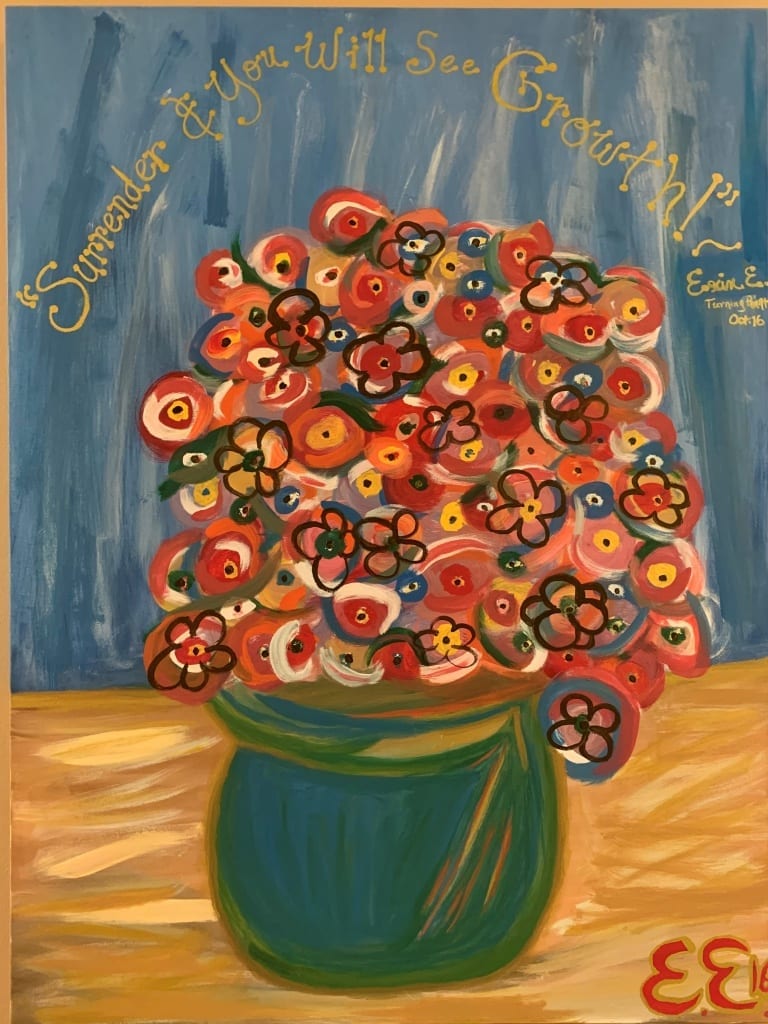I have been reading stories of recovery from addiction and eating disorders for a very long time. When I joined the staff at Turning Point of Tampa, part of my job was to find people who wanted to share their story with us. In turn, we share those stories on our website and social media platforms so that others can find the experience, strength, and hope they are searching for. There is a certain kind of kinship that people seeking recovery feel with those who have found recovery. I cannot explain it any better than to say that we all just “get” each other. We have walked the same long, treacherous roads and we know the paths lead to nowhere good.
The family members of the people who struggle with addictions are also affected. Family members are often in pain after years of doing everything in their power to help their loved one. Living with the affects of someone else’s addiction is devastating and for most people it is impossible to bear without outside help.
For this series, I interviewed the family members of people who struggled to get sober, people who are sober today as well as people who have died as a result of their addiction. My hope is that as a family member, you can find that same experience, strength, and hope that you are so desperately seeking.
Interview with Kelly G.
AN: What crisis brought you to recovery?
KG: Because of my own personal recovery from addiction I was already aware of recovery groups for family members. The crisis that brought me to into a family recovery program was my husband’s addiction.
AN: Had you ever heard of a Family Recovery Program before this crisis?
KG: Yes
AN: What have you learned about the importance of family members recovery?
KG: It is my loved one’s responsibility to take care of their recovery and my recovery is my responsibility. I choose to stay in recovery no matter what is going on with my loved one. It is important for me to remember that my loved one may struggle to stay sober, but that doesn’t mean that I throw in the towel on my own recovery and I can still have respect for them when they are struggling. Their process is theirs and my process is mine.
AN: Does the recovery program that you are a member of have online meetings during COVID19?
KG: Yes. Info for 12-step family recovery program meetings can be found online at https://al-anon.org/al-anon-meetings/electronic-meetings/ or https://www.nar-anon.org/find-a-meeting. It is very important to stay connected to my support group, even during the pandemic. My recovery is something I have to be committed to everyday.
AN: Did you have any reluctance in accepting your need for your personal recovery? Meaning, did you ever have thoughts of “I don’t have a problem so why do I am I the one who needs help?
KG: I struggled going into my recovery program, realizing that I was a contributing factor to my loved ones addiction. When I went into my first meeting I complained about my husband. I was hurt. I was angry. I was pointing fingers. But what my program teaches me is that THAT is not what I am there for. I am there to recover and focus on myself and my own recovery. I learned the “C’s” of the program: I didn’t cause it, I can’t control it, I can’t cure it, but I can contribute to it. That was big for me! I did a lot of what I thought was “helping” my husband. It turns out that I was enabling him. I had to learn to love him from a distance and let him make mistakes.
AN: What would you tell family members who are considering their own recovery?
KG: I would encourage families to just go to a meeting and try it out. Go early and stay late to meet other people in the meetings. Maybe take a friend with you for support in the beginning. Don’t be discouraged if you feel uncomfortable. It is definitely an uncomfortable situation in the beginning. Just keep going to meetings! Also, there are many different types of meetings. There are meetings that talk about gratitude, open meetings, topic meetings, literature study meetings and many more. Try them all and see what works best for you and your recovery.
AN: Have you experienced any stigma surrounding addiction and recovery?
KG: Yes, for sure. I have overheard coworkers talk negatively about people in recovery and it has made me uncomfortable about sharing my experience being a member. I have also experienced people not necessarily wanting to spend time with me because of my husband’s criminal background and history of drug use. On the other hand, though, I have also had great conversations with people who know exactly what I am going through and don’t judge me based on the actions of my husband. I have learned that I am not responsible for someone else’s choices. And I have also learned that what other people think of me is not my business.
AN: Is there anything else that you would like to add?
KG: Yes. I believe every person deserves to have a voice, whether they are caught up in their addiction or if they are sober. To me, these people are equal. Also, I love my program. I want to continue to work on myself. My program goes beyond just helping me and my loved one; it has really helped me in many areas of my life. My hope is that more people will find their own recovery, even if their loved one does not get sober. Even if their loved one dies because of their addiction. Recovery is possible and we all deserve to find a better way to live.



